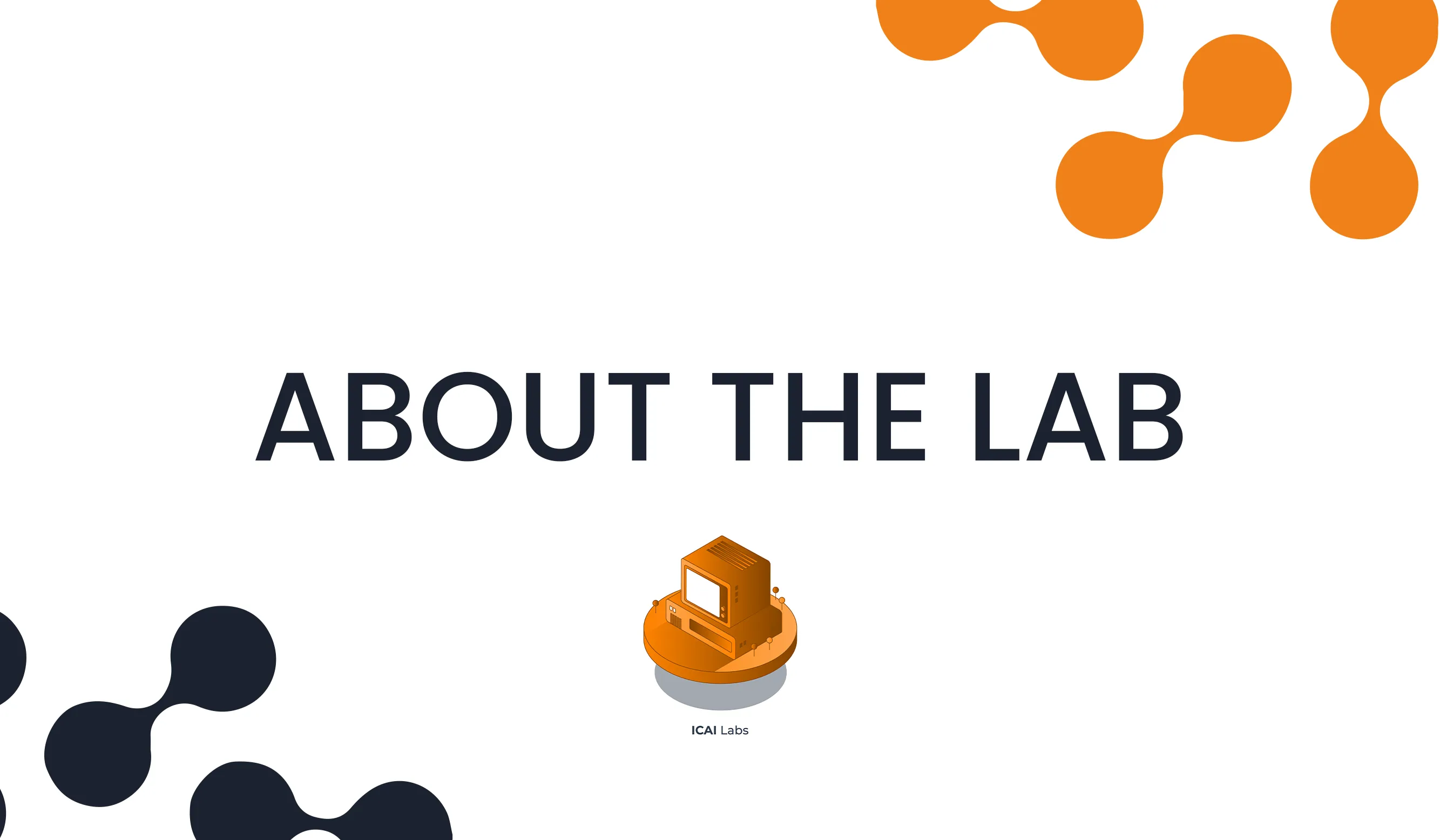FEP Lab
A collaboration between GN Hearing and Eindhoven University of Technology.
The FEPlab (Free Energy Principle Laboratory) is a collaboration between Eindhoven University of Technology (TU/e) and GN Hearing. The mission of the lab is to ameliorate the participation of hearing-impaired people in formal and informal social settings. The lab will focus its research on transferring a leading physics/neuroscience-based theory about computation in the brain, the Free Energy Principle (FEP), to practical use in human-centered agents such as hearing devices and VR technology.
GN Hearing, which is a globally leading hearing aid manufacturer with a strong research team (of about 20 persons) in Eindhoven, and the TU/e have already been collaborating for many years in BIASlab, which is a research team at the Electrical Engineering department at TU/e. This collaboration has produced theoretical foundations for synthetic FEP-based AI agents. FEPlab has been set up in 2022 and is expected to run until mid-2027. During this time, the partners will continue to develop these FEP agents into a technology that is ready for deployment in the professional hearing device industry.
FEPlab focuses on two Sustainable Development Goals: Goal 3, Good Health and Well-being, and Goal 5, Promote sustained, inclusive, and sustainable economic growth, full and productive employment, and decent work for all. Untreated hearing loss in the elderly increases the risk of developing dementia and Alzheimer’s disease (Ralli et al., 2019) as well as emotional and physical problems (Ciorba et al., 2012). Therefore, this research neatly ties into SDG3 Target 1: reducing premature mortality from non-communicable diseases. Moreover, hearing loss negatively impacts work participation (Svinndal et al., 2018). Hence, this research also ties into SDG8 Target 1: achieve higher levels of economic productivity through technology upgrading and innovation.
The lab comprises experts from different fields of expertise such as Audiology, Autonomous Agents & Robotics, Decision Making, and Machine Learning to tackle the complex multidisciplinary challenges at hand. Socially aware AI and explainable AI are especially important in the lab’s research since the technology needs to be aware of the social context in which it is operating and be able to provide justification for its decisions and actions in a manner that is understandable by humans to ensure its safe use.
- Ralli, Massimo, et al. “Hearing loss and Alzheimer’s disease: A Review.” The international tinnitus journal 23.2 (2019): 79-85.
- Ciorba, Andrea, et al. “The impact of hearing loss on the quality of life of elderly adults.” Clinical interventions in aging 7 (2012): 159.
- Svinndal, Elisabeth Vigrestad, et al. “Hearing loss and work participation: a cross-sectional study in Norway.” International journal of audiology 57.9 (2018): 646-656.



Research projects
Reactive message passing for robust inference
Reactive message passing for FEP agents
Generative probabilistic models for audio processing
Generative probabilistic models for covert user interactions
Interaction design for hearing aid personalisation
PHD Students



Partners
GN Hearing is a global leader in intelligent audio solutions that let you hear more, do more and be more than you ever thought possible.
Eindhoven University of Technology (TU/e) is a public technical university in the Netherlands, situated at Eindhoven. TU/e is a research university specialising in engineering science & technology.


.svg)

